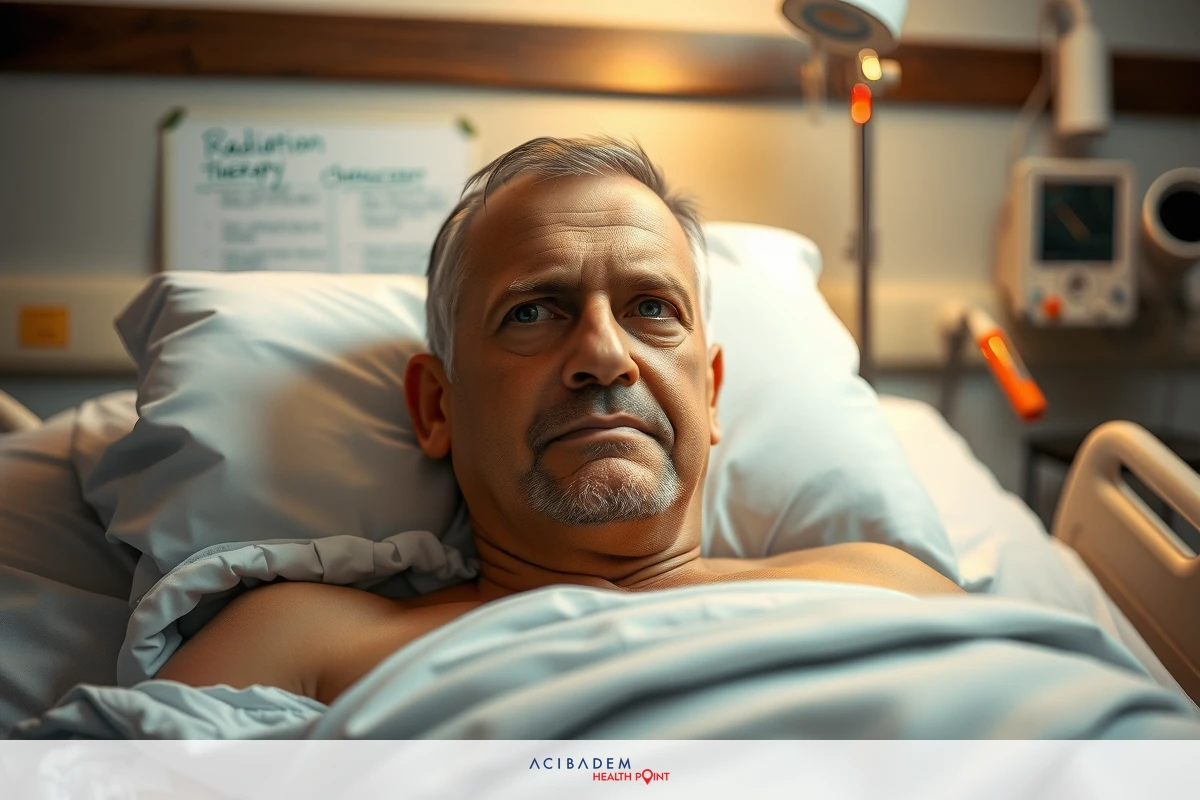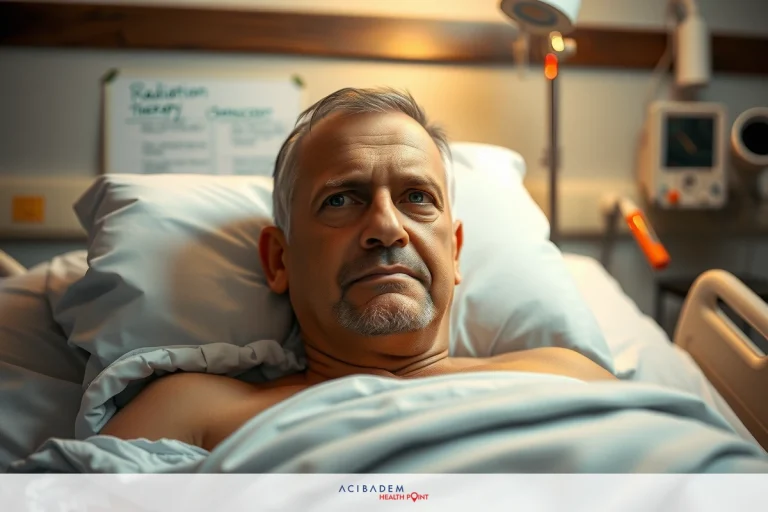How is stage 1 penile cancer treated? Penile cancer treatment for stage 1 focuses on removing the cancer and preserving penile function. Doctors often recommend surgery but other options are available. Patients have a good chance of recovery with early detection and proper care. It’s important to discuss all treatments with your healthcare team.
Different methods can help manage stage 1 penile cancer effectively. Radiation therapy may be used alone or before surgery to shrink the tumor. Chemotherapy might be necessary if there is a higher risk of cancer spreading. Your care center will guide you through each step.
Support from loved ones and health professionals plays a vital role in treatment success. Managing side effects and emotional well-being is key during this time. Regular follow-up appointments after treatment ensure that any new concerns are addressed quickly.
Surgery
Surgery is often the first treatment option for stage 1 penile cancer. The goal is to remove all of the cancer cells. A procedure called a partial penectomy may be performed where only part of the penis is removed. This can help keep as much normal function and appearance as possible.
In some cases a complete removal of the tumor with laser surgery is possible. This method uses a focused beam of light to destroy cancer cells. It’s less invasive than traditional surgery and can preserve more tissue. Care centers are equipped with advanced technology for such procedures.
Doctors may also choose a wide local excision if the cancer has not spread far. This involves taking out only the cancerous part plus some healthy tissue around it for safety margins. Afterward patients usually recover quickly because this procedure is less extensive.
For very small tumors circumcision might even be enough to treat stage 1 penile cancer effectively. Here just the foreskin is removed which makes it an option that impacts daily life minimally after healing takes place. Each surgical choice depends on many factors including tumor size and location.
Radiation Therapy
Radiation therapy is a treatment that uses high-energy rays to kill cancer cells. For stage 1 penile cancer it can be a primary treatment or used after surgery. The aim is to target and destroy the tumor while sparing healthy tissue. This treatment can often preserve the penis better than surgery.
This type of therapy might be chosen for smaller tumors or when surgery isn’t an option. It’s also helpful if a patient wants to avoid more invasive procedures. Care centers will discuss this option as part of a comprehensive treatment plan tailored to you.
Side effects are usually less severe with radiation compared to other treatments. Patients may experience redness or soreness in treated areas but these tend to heal quickly. It’s important for patients receiving radiation therapy at care centers to report any side effects they have.
After completing radiation therapy regular follow-ups are important for monitoring health status and recovery progressions. At each visit doctors check how well the tissues are healing and watch out for signs of cancer returning. These appointments help ensure ongoing health after dealing with stage 1 penile cancer.
Chemotherapy
Chemotherapy uses drugs to stop the growth of cancer cells. In stage 1 penile cancer it’s not often used as the

main treatment. However it can be a part of a larger plan when there’s a risk that the cancer might spread. It is also sometimes applied to shrink a tumor before surgery.
At care centers doctors assess if chemotherapy is right for you based on your specific case. Patients are informed about how these medications work and what to expect during treatment. The care team will support you through every step with information and guidance.
Side effects from chemotherapy can include tiredness, nausea, or changes in appetite but they vary widely among individuals. Care teams at treatment centers help manage any side effects effectively. They aim to keep patients comfortable while targeting their penile cancer with chemotherapy treatments.
Immunotherapy
Immunotherapy represents a modern approach in cancer treatment. It works by empowering the body’s immune system to fight off cancer cells more effectively. For penile cancer at stage 1 immunotherapy may be offered as part of a trial or under special circumstances. This kind of treatment is usually considered when traditional methods are less suitable.
Care centers may use immunotherapy drugs known as checkpoint inhibitors for treating penile cancer. These drugs help immune cells recognize and destroy cancer cells better. The decision to use this therapy depends on various factors including patient health and tumor characteristics.
The side effects of immunotherapy differ from those associated with chemotherapy or radiation therapy. Patients might experience flu-like symptoms, fatigue, or skin reactions but these are typically manageable. Care teams closely monitor patients for any adverse reactions throughout the course of treatment.
As research progresses new types of immunotherapies are being tested for their efficacy against penile cancer. Clinical trials continue to explore how well these treatments work specifically in early-stage cancers like stage 1 penile cancer. How is stage 1 penile cancer treated
Ongoing follow-ups after completing immunotherapy ensure that benefits last and detect potential recurrence early on. Such vigilance is key in maintaining health post-treatment and adapting care plans if needed based on recovery progress. How is stage 1 penile cancer treated
Supportive Care
Supportive care is a crucial aspect of treating penile cancer at any stage. It focuses on improving the quality of life for patients by managing symptoms and side effects. This type of care helps people cope with the emotional, social, and psychological effects of cancer. At a care center supportive services are tailored to each patient’s needs.
Pain management is one element of supportive care that ensures patient comfort during treatment. Experts use various methods to control pain effectively. They consider factors such as the individual’s pain threshold and preferences when creating a plan.
Nutritional support also plays an important role in managing penile cancer treatment side effects. Dietitians work with patients to ensure they receive proper nutrients which can help maintain strength and energy levels. Good nutrition aids in recovery and enhances overall well-being.
Mental health services are another component offered within supportive care programs at many centers. Counselors provide therapy sessions where patients can express their feelings about having cancer or going through treatment. These sessions offer strategies for coping with stress related to illness.
Rehabilitation services may be necessary after certain treatments like surgery or radiation therapy for stage 1 penile cancer. Specialists help patients regain function and adapt to changes in their bodies through physical therapy exercises or other rehabilitation techniques.
Frequently Asked Questions
What are the first signs of penile cancer?
Early signs may include a lump or sore on the penis, changes in skin color, or a persistent rash. It's crucial to consult a doctor if you notice these symptoms for early evaluation.
Can stage 1 penile cancer be cured?
Yes, stage 1 penile cancer has a high cure rate when detected and treated early. Treatment options may include surgery, topical treatments, or radiation, depending on the specific case.
How long is recovery after treatment for penile cancer?
Recovery time can vary based on the type of treatment received, such as surgery or radiation. Your healthcare team will give you a detailed recovery plan tailored to your situation.









